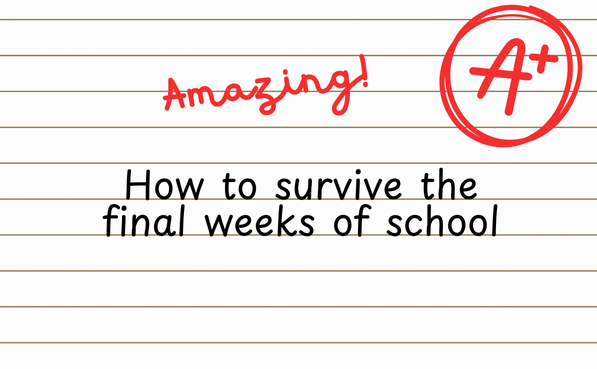The seasonal changes of winter and summer cause many to experience what is known as seasonal affective disorder.
It may be noticed that as the weather changes, one’s mood also seems to change. This is what is known as seasonal affective disorder (SAD) and it affects around 5% of Americans, according to Seasonal Affective Disorder (SAD). Many have noticed they experience a winter depression, but, although it is more rare, others may also experience a summer depression.
Winter depression:
Specific symptoms:
- Oversleeping
- The body produces too much melatonin
- Increase in appetite
- Weight gain
- Low energy
Cause:
- Lack of sunlight: The sun provides human bodies with Vitamin D. Not only is Vitamin D essential for skin, teeth and muscle health, but also for one’s mental health. According to Why Does Vitamin D Make You Happier? “…your body needs adequate levels of vitamin D to encourage serotonin production and promote its release, which helps to boost your mood and keep depression at bay.”
How to combat it:
- Get outside as much as possible, as long as it is not too cold.
- Stay close to windows and other light sources. There are sunlight lamps that can be purchased.
- Take Vitamin D supplements and eat foods high in Vitamin D, such as mushrooms, egg yolks, oranges and fatty fish.
Summer depression:
Specific symptoms:
- Insomnia
- Reduced levels of melatonin
- Loss of appetite
- Weight loss
- Anxiety
Causes:
- Spring allergies: Allergies can contribute to the bad mood one might have, as they cause people to feel sad and tired. This is because the inflammation from allergies causes human bodies to release cytokines, which are cells that can affect brain function, according to Are Allergies Making You Depressed?
- Longer days: Although increased daylight improves the mood of many, for others it can disrupt their sleep schedule. As Summertime Sadness: Helping children manage summer depression states, “changes in daylight [can] cause shifts in our biological clock and circadian rhythm, which control the natural, internal processes that regulate our sleep, mood, and hormones.”
- Heat and humidity: The increased temperatures affect our bodies physically through headaches or dizziness, which negatively impacts our mental health.
- Lack of schedule: Throughout the school year, students tend to set a daily routine for themselves that the summer interrupts. Without a routine to commit to, a handful of teens tend to lay in bed and scroll through TikTok for most of the day, causing feelings of depression and loneliness.
How to combat it:
- Set a daily routine and stick to it.
- Get plenty of sleep and exercise.
- Stay inside to avoid the pollen and/or extreme heat.










